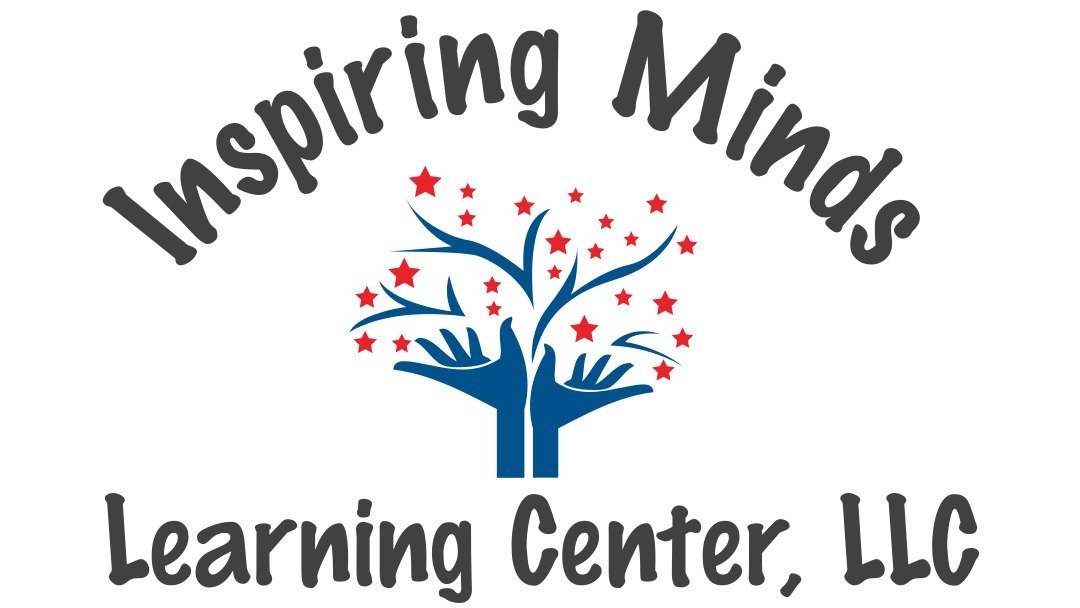What is Dyslexia?
Dyslexia is defined as a specific learning disability that is neurobiological in origin in which reading accurately and/or fluently is a struggle along with spelling and decoding abilities. This can often impact vocabulary and comprehension. Dyslexia is a language-based learning disability that is often hereditary, or runs in families. While there are common characteristics of dyslexia, each person presents these in different ways so that dyslexia may look different from person to person.
How Common is Dyslexia?
An estimated one in five students, or 15-20% of the population, has a language-based learning disability such as dyslexia. Dyslexia is the most common of these and affects boys and girls equally as well as across different ethnic and socio-economic backgrounds. (Sources: The Yale Center for Dyslexia and Creativity, International Dyslexia Association, National Center for Learning Disabilities)
What is the Appropriate Instruction for Dyslexia?
All students benefit from structured literacy instruction, but it is essential for those who are struggling or who have dyslexia. Instruction should be explicit, systematic and cumulative in delivery, and diagnostic in its monitoring. Teachers need to understand how literacy and language are linked and how to create multi-sensory learning experiences that build upon skills in a continuous and meaningful way that leads students through a progression of concepts necessary for literacy development. Instruction should be focused around the following elements: phonology and phonemic awareness, sound-symbol association and alphabetic principle, syllables, morphology, syntax, and semantics.
Myths and Misunderstandings Surrounding Dyslexia
Myths:
Myth: Dyslexics see things backwards.
Myth: The child just needs to try harder.
Myth: Dyslexics aren't smart.
Myth: Dyslexia goes away.
Warning Signs of Dyslexia
Preschool:
*delayed speech
*chronic ear infections
*continuous confusion of left and right
*trouble learning to tie shoes
*can’t create words that rhyme
Elementary:
*lettering or number reversals continuing past the end of first grade
*slow, choppy, inaccurate reading:
-guesses based on shape or context
-skips or misreads prepositions
-ignores suffixes
-can not sound out unknown words
*trouble spelling
*dysgraphia (slow, non-automatic handwriting that is difficult to read)
*difficult telling time on a clock with hands
*extreme difficult learning cursive
*often cannot remember sight words (they, were, does) or homonyms (their, they’re, and there)
High School:
All of the above symptoms plus:
*poor written expression
-large discrepancy between verbal skills and written composition
*not able to master a foreign language
*vocabulary is limited
Adult:
Education history similar to above plus:
*reads a page 2 or 3 times to understand it
*slow reader
*putting thoughts onto paper is difficult
-dreads writing memos or letters
Truths:
Truth: Dyslexia has nothing to do with vision, and dyslexics do not see letters or words backwards. Dyslexia is a processing issue in which students struggle with the manipulation of speech sounds to print. It is normal for beginning readers to transpose letters when learning how to read.
Truth: It is not a matter of effort. A dyslexic student needs more time to read and write, it is not a matter of being lazy, or not trying. Dyslexic students need appropriate instruction and accommodations.
Truth: Dyslexia is not an issue of intelligence. People with dyslexia are quite intelligent, and are often very fast and creative thinkers.
Truth: Since dyslexia is a different organization of the brain, dyslexia is lifelong. Dyslexia is not a disease, therefore there is not a "cure" for dyslexia. With appropriate intervention, dyslexics can become proficient readers and writers.
*a close relative with dyslexia
*trouble memorizing their address, phone number, or the alphabet
*late establishing a dominant hand
*severe reactions to childhood illnesses
*mixing up the sounds and syllables in long words
*when speaking can’t always find the correct work
-often uses “whatyamacallits” and “thingies”
-common sayings often come out slightly twisted
*bedroom, backpack, desk is extremely messy
*trouble with math
-difficulty memorizing multiplication tables
-difficulty memorizing a sequence of steps
-directionality
*dreads going to school
-complains of stomach aches or headaches
-may have nightmares about school
*reading printed music is difficult
*limited vocabulary
*grades are poor in many classes
*may drop out of high school
*terrible speller
*gets lost even in a familiar city
*confuses b and d, especially when sick or tired
*still confuses left and right

